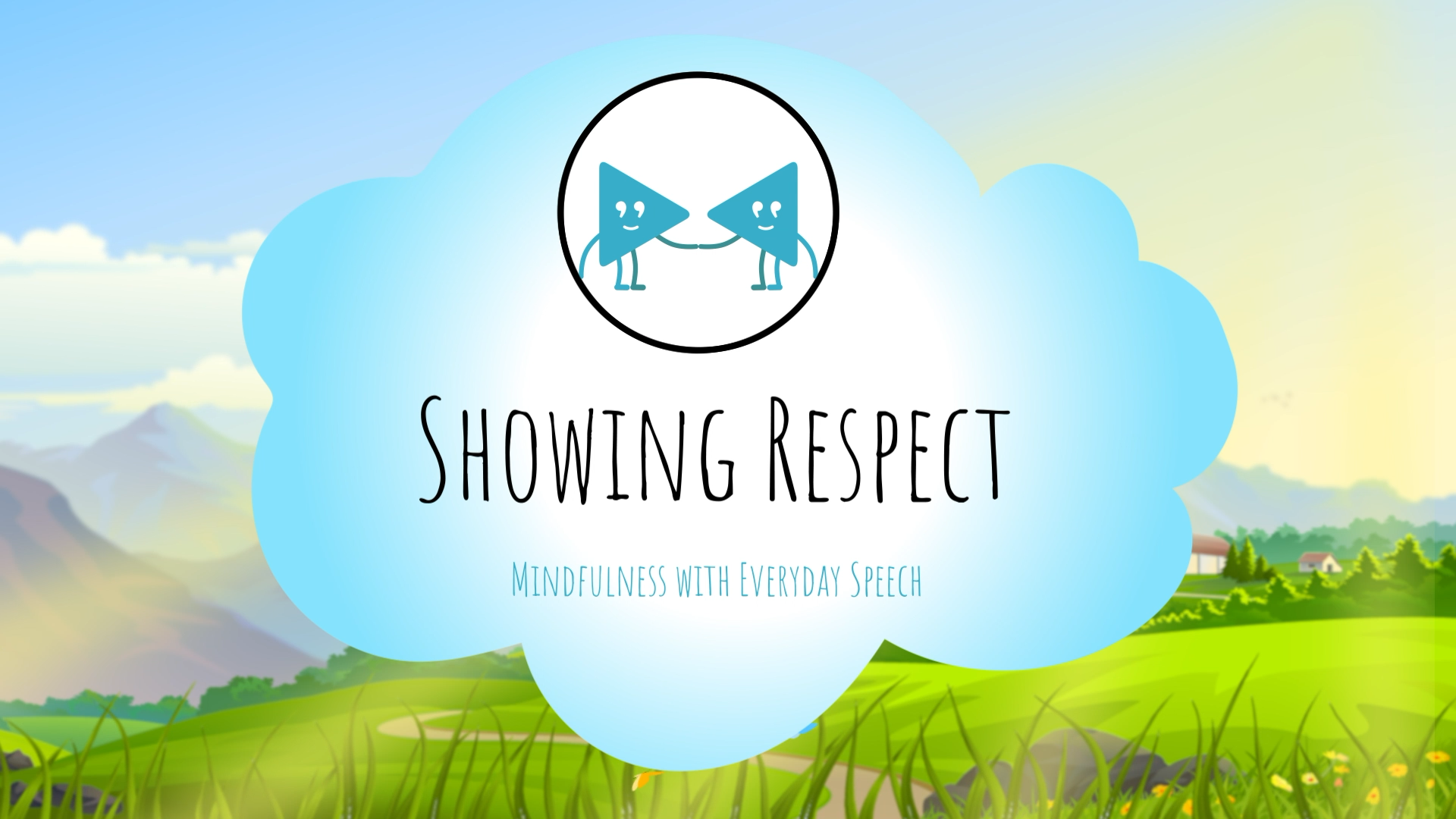
Introduction
In special education, it is essential to address various skills that contribute to a student’s overall development. One such important skill is respect. Teaching respect in the classroom not only promotes a positive learning environment but also encourages social interactions and emotional wellbeing.
Understanding Respect
Respect is the act of treating others in a way that makes them feel valued, regardless of their differences in abilities, interests, age, race, gender, or culture. It involves accepting others for who they are and showing kindness, fairness, and politeness through our words, actions, and beliefs. Developing respect in students positively impacts their learning, social interactions, and wellbeing.
The Role of Specialists
Various specialists can support the development of respect in students:
- Speech-Language Pathologists: They can help students improve their communication skills, enabling them to express respect through appropriate language and tone.
- Social Workers: They can support students in understanding and navigating social situations, promoting respectful interactions with their peers.
- Psychologists: They can provide strategies to help students develop empathy and understanding towards others, fostering respectful attitudes.
- School Counselors: They can facilitate group discussions and activities that encourage students to practice respect and appreciate diversity.
IEP Goals for Respect
Here are some specific SMART IEP goals to improve respect in students:
-
Goal: The student will demonstrate respectful language when addressing peers and teachers in 9 out of 10 observed instances within the next three months.
- Strategy: Teach and model appropriate language and tone for various social situations.
- Activity: Practice role-playing scenarios that involve using respectful language.
-
Goal: The student will engage in positive interactions with peers of diverse backgrounds in 8 out of 10 opportunities within the next six months.
- Strategy: Encourage open-mindedness and appreciation of diversity through classroom discussions.
- Activity: Organize group projects that involve collaboration among students with diverse backgrounds.
-
Goal: The student will express empathy towards others by offering help or support in 7 out of 10 observed instances within the next nine months.
- Strategy: Teach students to recognize and respond to the feelings and needs of others.
- Activity: Implement activities that promote empathy, such as reading stories with diverse characters and discussing their experiences.
Implementing and Measuring Progress
Effective implementation of these goals involves consistent reinforcement, modeling, and practice. Regularly observe students’ interactions to track their progress and offer constructive feedback. Collaborate with specialists to provide support and resources tailored to each student’s needs.
Conclusion
By setting effective IEP goals and collaborating with specialists, educators can foster respect in elementary students. These skills contribute to a positive learning environment and promote social interactions and emotional wellbeing. We encourage you to apply these goals and strategies in your classroom and invite you to explore more resources at Everyday Speech Sample Materials.





